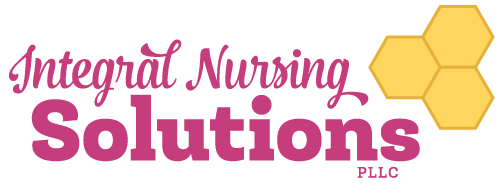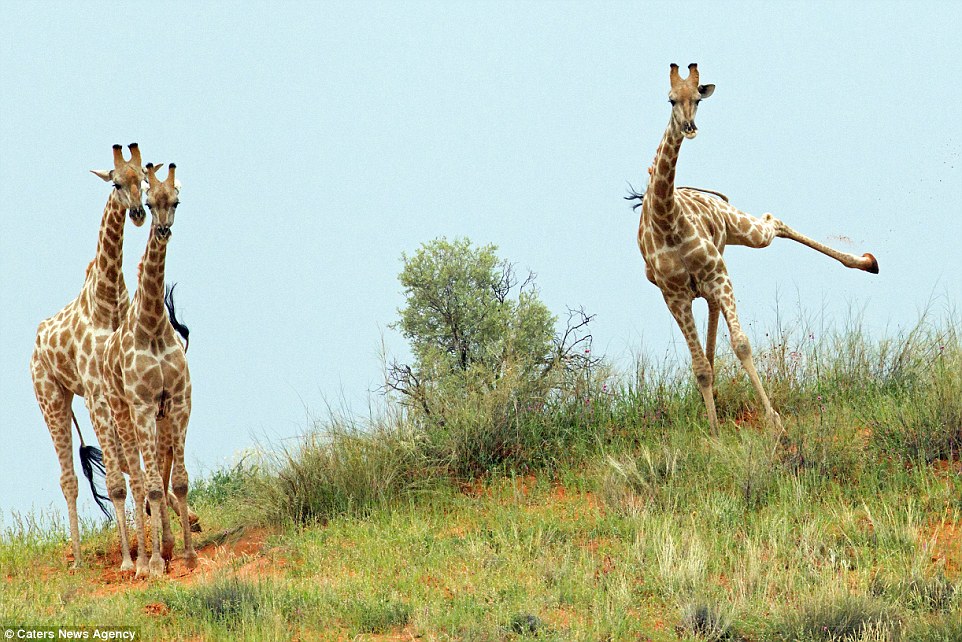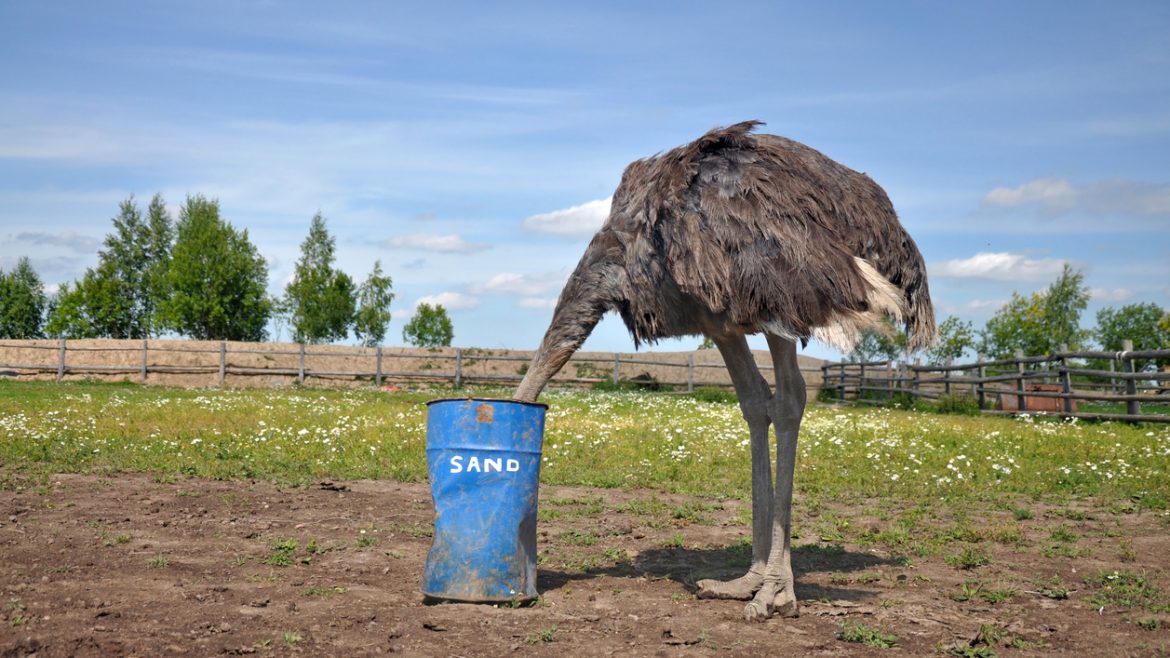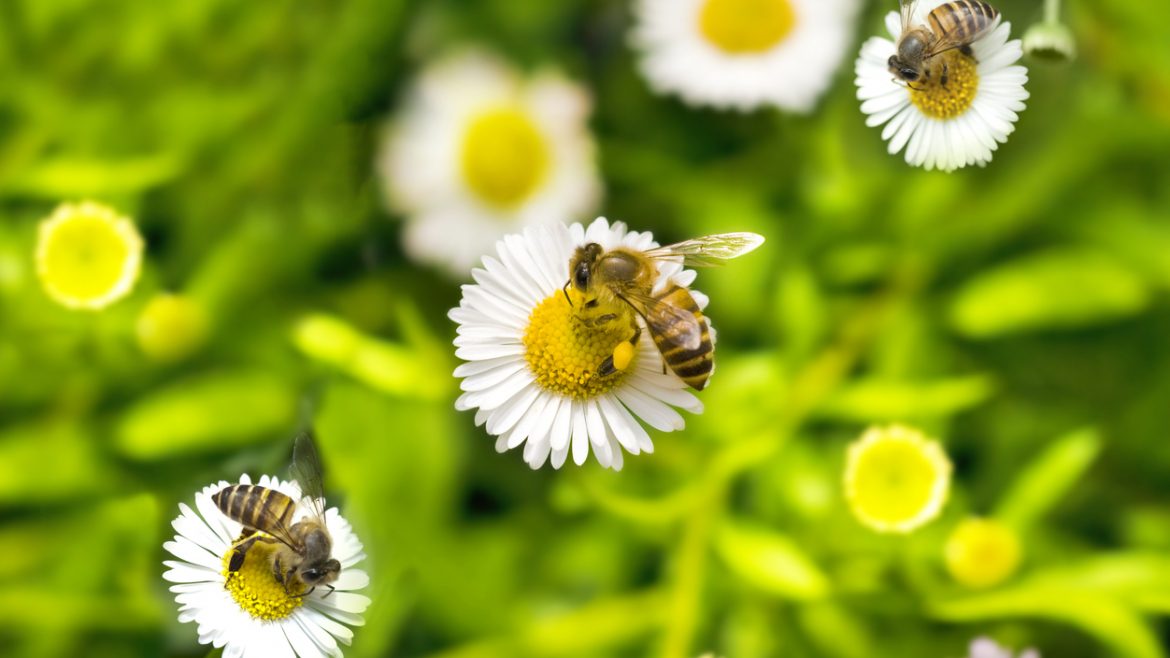The Potency of Self Care Retreats
When was the last time you refreshed yourself with a retreat? Recently I returned to work from a 4 day retreat with a sense of optimism, contentment and emotional fullness as a result of engaging with the nourishing processes that supported my inner wisdom. Retreats and vacations are similar in that you take time away from your normal responsibilities. Both can be uplifting and renewing. However, whether you take a “staycation” (not going away) or a vacation, the focus is usually outward- new people, places and, new experiences or working on projects in your home environment. The vacation may or may not be structured, and upon return you resume the schedule you left. With a retreat on the other hand, your focus is inward using contemplation, reflection, meditation, Self or other inquiry, and possibly prayer. Often there is a structure to help you experience parts of yourself that are often not given time to be seen, heard or felt. After connecting more deeply with your Self, you return to your normal work and other responsibilities with greater insight, contentment and a sense of peace. The processes you practice on retreat often continue to nurture and fuel you into the future.
The goal of a retreat is to experience a sense of calm, a sense of oneness with what is, and a deeper experience of love and your inner wisdom.
 When are you going to nurture your Self with a retreat?
When are you going to nurture your Self with a retreat?
There are so many kinds to choose from:
healing retreats
mindfulness retreats
nature retreats
retreats with a spiritual teacher
yoga retreats
silent retreats
12 Step Recovery retreats
what will nurture you?

If you don’t feel you can go somewhere and there is nothing locally available,
you can design a beautiful retreat for yourself.
The following are 6 suggestions and examples:
- When I had a limited income and my children still lived with me, they went to friends’ houses for a weekend, and I designed a 2 day retreat that included meditation, silence, reading, gardening, walking, journaling and plenty of sleep. I prepared by cleaning and preparing food before the kids left to optimize my inward focus time. I told friends I was unplugging- that I’d be in silence and available only for emergencies. This was not a “staycation”. Telling others of my intention was a way of creating accountability. Choosing to detach from all your electronic devices for a day or more can be very challenging, AND a totally nourishing experience after you go through the feelings of withdrawal- the compulsive reaching for your phone, the obsessive chatter in your mind and random feelings of FOMO- “fear of missing out,” which refers to the blend of anxiety, inadequacy and irritation. Sticking to the intention of being on retreat at the end, was refreshing, wholesome and empowering.
- Our local holistic nurses association chapter offers an annual Self care one day retreat in September. It is a day designed for nurses to focus in community on ourselves. Catered and held in a beautiful setting, we meditate, engage in activities such as journaling, coloring and walking a labyrinth with the goal of nurturing the caregiver in us. There are opportunities for us to give and receive healing modalities such as Reiki, Healing Touch, massage and Therapeutic Touch which encourage discovery of joy, beauty and healing inside and outside of ourselves.
-
 A few years ago a friend and I decided we wanted to share a retreat and to deepen our friendship. We designed a schedule of meditation, walking, and listening to a series of talks by a healer we had heard of. We tent camped in a state park, in silence for a weekend. It rained the full weekend, and except for laughter, we maintained our noble silence and had a memorable, enriching and powerful shared experience of a deeper friendship.
A few years ago a friend and I decided we wanted to share a retreat and to deepen our friendship. We designed a schedule of meditation, walking, and listening to a series of talks by a healer we had heard of. We tent camped in a state park, in silence for a weekend. It rained the full weekend, and except for laughter, we maintained our noble silence and had a memorable, enriching and powerful shared experience of a deeper friendship. - A daily commitment to unplugging from technology for a given amount of time can be a mini retreat with yourself . “A retreat allows the mind to flow freely, to appreciate information and beauty instead of trying to process it. A quiet 15 minutes among nature can act as a personal daily spiritual retreat for some.” Done on a regular basis you can support your inner wisdom, especially if you combine it with journaling.
- Join us on our weekly phone call. Self Care for Vitality
 Free Virtual Connecting Weekly Call-in for Nurses Phone 712-432-3066 Pin 177444Wednesdays 6:30-7:00 pm ESTThere is a short guided relaxation, followed by a short time for silence in community and optional sharing. We present tips and strategies for Self care on a variety of topics such as: setting boundaries, balance, healing, self love, vulnerability, and other topics as they arise.If you have not had a retreat in a while, maybe you want to consider the following:
Free Virtual Connecting Weekly Call-in for Nurses Phone 712-432-3066 Pin 177444Wednesdays 6:30-7:00 pm ESTThere is a short guided relaxation, followed by a short time for silence in community and optional sharing. We present tips and strategies for Self care on a variety of topics such as: setting boundaries, balance, healing, self love, vulnerability, and other topics as they arise.If you have not had a retreat in a while, maybe you want to consider the following:
6. Vitality in Progress is a structured, 12 week creative and healing home retreat to focus on your inner being. With our support you create your own Self care plan that invites you to tap into your inner wisdom as you explore the topics of commitment, habits, vulnerability, setting boundaries, Self love, compassion, kindness and more. The next start date is August 27th, and there is an early registration discount going on now.
How often do you give yourself the gift of a retreat? Do you have a daily practice that feels like a mini retreat for you? Please share with us other types of retreats you have used and use to nurture yourself.
Please take good care of you. Not only do you need to do so for your own sanity and well being, but your family, friends and the world we live in wants and needs you to share your gifts and light. You can do this with greater ease by caring for your beautiful Self.
With love, Padma



 effective in reducing a charge in you and your environment. The following are 4 trustworthy techniques, which take only a few moments, and will help you to stabilize and enhance your groundedness. They can help to focus your thoughts, body, heart and your energy quickly.
effective in reducing a charge in you and your environment. The following are 4 trustworthy techniques, which take only a few moments, and will help you to stabilize and enhance your groundedness. They can help to focus your thoughts, body, heart and your energy quickly. Grounding yourself is a process of getting to know yourself deeply. Grounding can start with your mind, body, heart or energy connecting you to your values, issues and intuitions. The more you know and understand your inner life the more empowered you are because you have choice in your responses to your life’s challenges . The integrity that develops with grounding yourself in practices that connect you to your inner life supports your confidence and creates healthy boundaries for yourself in the very demanding industry of health care.
Grounding yourself is a process of getting to know yourself deeply. Grounding can start with your mind, body, heart or energy connecting you to your values, issues and intuitions. The more you know and understand your inner life the more empowered you are because you have choice in your responses to your life’s challenges . The integrity that develops with grounding yourself in practices that connect you to your inner life supports your confidence and creates healthy boundaries for yourself in the very demanding industry of health care.
 lease join us as we explore the 3rd chakra in the next week on our weekly call-in for Nurses.
lease join us as we explore the 3rd chakra in the next week on our weekly call-in for Nurses.
 found a collaborating physician and has found a nurse colleague to cheer her on.
found a collaborating physician and has found a nurse colleague to cheer her on. delusion that I could catch up on missed sleep and believed that care of my family and showing up for my job was more important. I got up before everyone and went to bed long after everyone else. A couple of years ago, I was in a group of nurses where we were holding each other accountable for our Self care activities. I realized I had been not only lying to myself, but I was setting a poor example for my family, putting my health at risk, and sometimes I was even unsafe on the road. I changed the pattern and am now a much better example of how to provide safe care.
delusion that I could catch up on missed sleep and believed that care of my family and showing up for my job was more important. I got up before everyone and went to bed long after everyone else. A couple of years ago, I was in a group of nurses where we were holding each other accountable for our Self care activities. I realized I had been not only lying to myself, but I was setting a poor example for my family, putting my health at risk, and sometimes I was even unsafe on the road. I changed the pattern and am now a much better example of how to provide safe care. The
The  If you are not ready for the VIP program above, maybe you would like to start with joining us on our free weekly
If you are not ready for the VIP program above, maybe you would like to start with joining us on our free weekly 
 how often do you brush your teeth, plop into bed, fall asleep as your head is hitting the pillow and wake up with an alarm, feet barely touching the ground, as you dash off into the day? I have changed my nighttime routine. I now answer the following 4 questions from
how often do you brush your teeth, plop into bed, fall asleep as your head is hitting the pillow and wake up with an alarm, feet barely touching the ground, as you dash off into the day? I have changed my nighttime routine. I now answer the following 4 questions from  By ending your day in this nourishing way, you too may experience good sleep and a rich next day with focus and clarity. It benefits not only you, but your clients, students, colleagues, patients, family and friends. Perhaps you will enjoy your life and daily experiences even more as you open to your Four Rivers- Love, Surprise, Challenge and Inspiration.
By ending your day in this nourishing way, you too may experience good sleep and a rich next day with focus and clarity. It benefits not only you, but your clients, students, colleagues, patients, family and friends. Perhaps you will enjoy your life and daily experiences even more as you open to your Four Rivers- Love, Surprise, Challenge and Inspiration.

 When you follow the pathway of your resistance to saying No, or your habit of saying yes, you will probably discover fear. Fear is not a comfortable emotion to feel. It is often irrational, and based in the past. Facing your fears builds your courage muscle. Sit quietly for a few minutes and reflect on the last time you did not say No when you really wanted to. Explore your fear of saying No to see where it takes you. Do you fear that you will lose your job or that someone will not like you? Are you trying to get someone to like you? Do you want to please the person making the request because they control your schedule? Maybe it feels easier to say yes knowing you will be bullied into a yes. or perhaps you are used to saying, “no one else will do it, so I will”. Are you a martyr? Do you fear being criticized, disliked or punished?
When you follow the pathway of your resistance to saying No, or your habit of saying yes, you will probably discover fear. Fear is not a comfortable emotion to feel. It is often irrational, and based in the past. Facing your fears builds your courage muscle. Sit quietly for a few minutes and reflect on the last time you did not say No when you really wanted to. Explore your fear of saying No to see where it takes you. Do you fear that you will lose your job or that someone will not like you? Are you trying to get someone to like you? Do you want to please the person making the request because they control your schedule? Maybe it feels easier to say yes knowing you will be bullied into a yes. or perhaps you are used to saying, “no one else will do it, so I will”. Are you a martyr? Do you fear being criticized, disliked or punished? The good news is that saying No can also leave doors open for friendship, connection and confidence. It is something that you can, with practice become adept at. When your No is grounded in your integrity, you are staying true to your Self, your commitments and your values.
The good news is that saying No can also leave doors open for friendship, connection and confidence. It is something that you can, with practice become adept at. When your No is grounded in your integrity, you are staying true to your Self, your commitments and your values. with your Self, you build your courage and become empowered to align yourself with your priorities and values. Go for it! The world is waiting for you to show up in your fullness! Please share with us your challenges and the ways you say No that empowers you and also cares for the other person.
with your Self, you build your courage and become empowered to align yourself with your priorities and values. Go for it! The world is waiting for you to show up in your fullness! Please share with us your challenges and the ways you say No that empowers you and also cares for the other person.
 Making time to tune into your inner self, to feel, to notice, to breathe, to heal and to feel comfortable in your own skin is a way of supporting your creativity. Tuning in to deal with fears and anxieties in new situations is also a way to support your creativity. Your creativity is one of the keys to your wellbeing. When you are exhausted, driven by external demands that come from the outside- by the employer, family or friends, or inner demands in the forms of perfectionism or pride in “doing it all without help”, your mind gets dull, you cannot solve simple problems, you may over eat or abuse some other substance. Small issues become magnified and out of proportion. Your ability to creatively address situations decreases.
Making time to tune into your inner self, to feel, to notice, to breathe, to heal and to feel comfortable in your own skin is a way of supporting your creativity. Tuning in to deal with fears and anxieties in new situations is also a way to support your creativity. Your creativity is one of the keys to your wellbeing. When you are exhausted, driven by external demands that come from the outside- by the employer, family or friends, or inner demands in the forms of perfectionism or pride in “doing it all without help”, your mind gets dull, you cannot solve simple problems, you may over eat or abuse some other substance. Small issues become magnified and out of proportion. Your ability to creatively address situations decreases. A few years ago I committed to “walking the talk” that I gave my patients and caregivers about Self care. After working 60 hours a week and getting paid for 37.5, for years, I began a regular routine for Self care, setting a good example for my daughters and husband. It is from this practice that
A few years ago I committed to “walking the talk” that I gave my patients and caregivers about Self care. After working 60 hours a week and getting paid for 37.5, for years, I began a regular routine for Self care, setting a good example for my daughters and husband. It is from this practice that 
 Sharing wisdom and compassion from her nursing experience she reminded us of how changes in Earth’s climate are impacting people and their health care in the US and around the world. As nurses we have always taken care of people when they are challenged by disease, and assisted those living in war torn areas. Today the most vulnerable people everywhere are feeling the impacts of climate change first and hardest. Climate change effects mental health as well as physical health. The higher and more intense winds and storms with flooding, extremes of heat and cold makes growing food and survival even more challenging. For the poorest, there is nowhere to move to. Nurses make a difference when we speak up with scientific evidence to support our wisdom and understanding. The the current political trends towards austerities based in the lack of awareness that we all share only one planet make for fewer resources to help the vulnerable get back on their feet, and our jobs harder. We are proud of our nurse colleagues who are proactive in caring for themselves and others as you continue to advocate for healthy environments, healthy life styles and equitable health care for all .
Sharing wisdom and compassion from her nursing experience she reminded us of how changes in Earth’s climate are impacting people and their health care in the US and around the world. As nurses we have always taken care of people when they are challenged by disease, and assisted those living in war torn areas. Today the most vulnerable people everywhere are feeling the impacts of climate change first and hardest. Climate change effects mental health as well as physical health. The higher and more intense winds and storms with flooding, extremes of heat and cold makes growing food and survival even more challenging. For the poorest, there is nowhere to move to. Nurses make a difference when we speak up with scientific evidence to support our wisdom and understanding. The the current political trends towards austerities based in the lack of awareness that we all share only one planet make for fewer resources to help the vulnerable get back on their feet, and our jobs harder. We are proud of our nurse colleagues who are proactive in caring for themselves and others as you continue to advocate for healthy environments, healthy life styles and equitable health care for all .

 the 3 above steps which empowered me to reach out and address the need to feel a sense of belonging. Belonging is an inside job that comes with your honest appraisal of your situation and making choices that support your need to feel like you are a member of, a part of, and belonging to the group. When you work with the above 3 steps, you move your focus from outside of yourself to inside. You are enhancing your relationship to yourself, making choices from inside, rather than outside and you are empowering yourself. Bottom line if you don’t belong in that group, you do belong to yourself, and you will find a group, community, others you do belong with. Such is sometimes the process of finding your peeps.
the 3 above steps which empowered me to reach out and address the need to feel a sense of belonging. Belonging is an inside job that comes with your honest appraisal of your situation and making choices that support your need to feel like you are a member of, a part of, and belonging to the group. When you work with the above 3 steps, you move your focus from outside of yourself to inside. You are enhancing your relationship to yourself, making choices from inside, rather than outside and you are empowering yourself. Bottom line if you don’t belong in that group, you do belong to yourself, and you will find a group, community, others you do belong with. Such is sometimes the process of finding your peeps.
 o the bees’ compromised immune systems resulting from the use of the carcinogenic and neurotoxic chemicals
o the bees’ compromised immune systems resulting from the use of the carcinogenic and neurotoxic chemicals 
 environmental, and economic aspects of situations and create with your client a plan of care that addresses the well-being of all. No other group of professionals has such a varied, holistic and comprehensive vision. Just as the honeybee has the glorious job of pollinating flowers, creating beauty in the process of sustaining our planet, you have a powerful role to play in the emerging global healthcare paradigm, creating a sustainable future for
environmental, and economic aspects of situations and create with your client a plan of care that addresses the well-being of all. No other group of professionals has such a varied, holistic and comprehensive vision. Just as the honeybee has the glorious job of pollinating flowers, creating beauty in the process of sustaining our planet, you have a powerful role to play in the emerging global healthcare paradigm, creating a sustainable future for